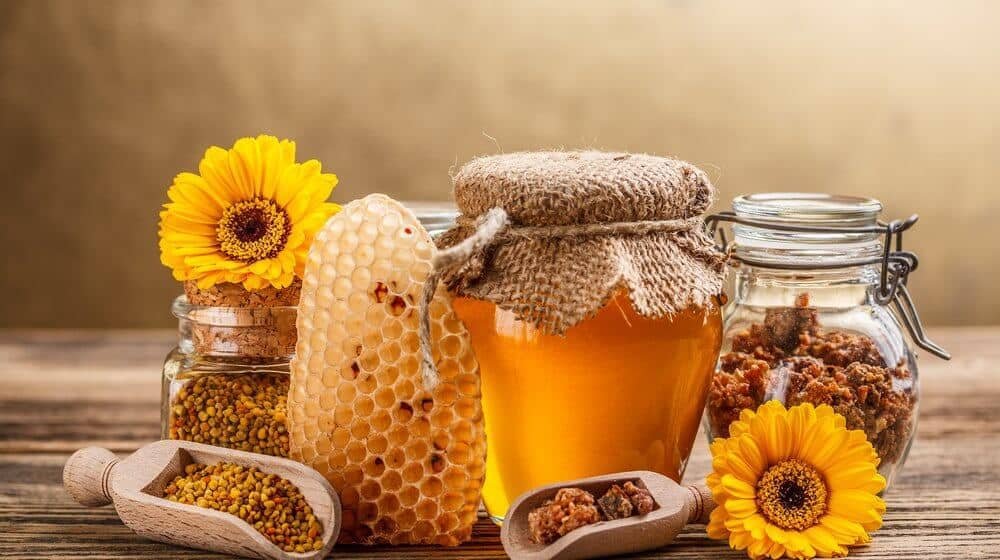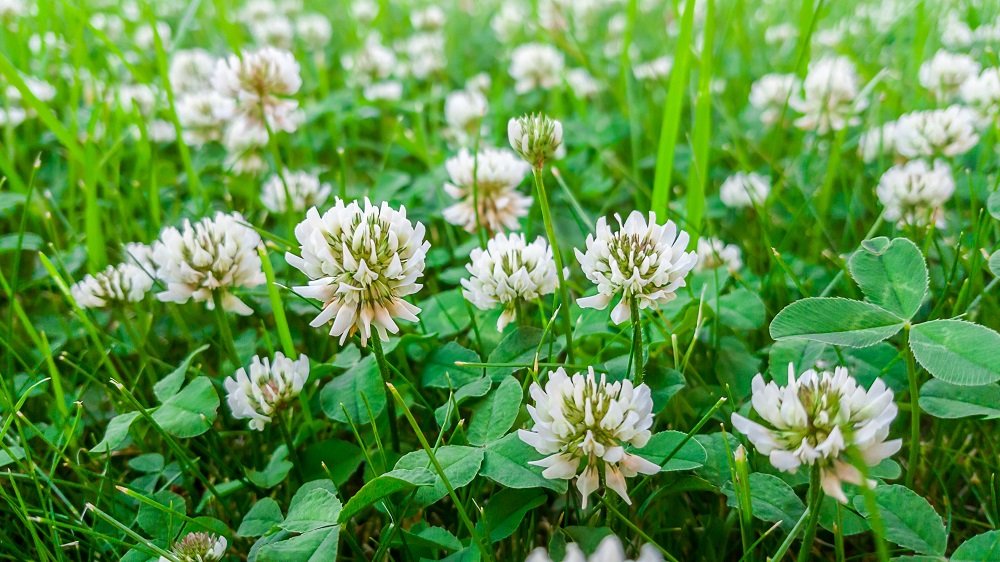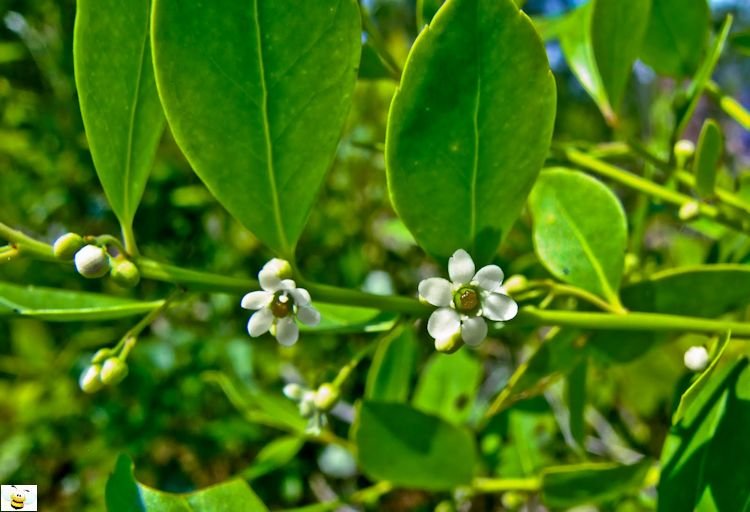All About Honey
Honey comes in a wide variety of colors, flavors and consistencies depending on geography, time of year and the many whims of Mother Nature, making almost every bottle a unique and delightful experience.
Loudoun Honey produces our own local wildflower honey and partners with beekeepers from across the country to offer unique honey varietals you won’t find locally here in Virginia.
Popular Honey Varieties
Clover Honey
Clover Honey is light in color with a mild to medium flavor. It is one of the most wildly available honeys, as clover is found in many areas, and is available year-round throughout the country.
Sourwood Honey
Sourwood Honey is a rare and sought after honey. It is light to medium in color with a mild in flavor and is considered one of the best honeys by many. It is mainly produced in the Blue Ridge and Allegheny Mountains.
Gallberry Honey
Gallberry Honey is light to medium in color with mild to medium flavor. The Gallberry Bush blooms in May and is found in North Carolina, Georgia and parts of Northern Florida.
Tupelo Honey
Tupelo Honey is light in color with a mild but unique flavor. Highly sought after by many, it usually brings a premium price. Tupelo is a tree growing mainly in the swamps and along rivers in South Georgia and Florida
Orange Blossom Honey
Orange Blossom Honey varies in color and flavor from year to year. The flavor is sweet, unique and it is sought after by many. It is produced in Florida and California.
Wildflower Honey
Wildflower Honey is medium-amber in color and medium-strong in taste. It is a mixture of many local nectar sources. This honey is the best choice for those people that want honey to help with allergies.
Health Benefits of Honey
Honey has long been cherished for its numerous health benefits and has earned its place as a beloved natural remedy. Here are just some of the magical powers honey is thought to possess when it comes to your health.
Antioxidant Powerhouse
Antioxidants help protect the body from cell damage caused by free radicals, thus reducing the risk of chronic diseases such as heart disease and cancer. Honey contains various antioxidants which contribute to its health-promoting effects.
Antibacterial Effects
Honey has long been used as a natural remedy for infections due to its antibacterial and antimicrobial properties. It creates an unfavorable environment for bacteria, making it an effective topical treatment for minor cuts and burns.
Soothing Sore Throats and Coughs
Honey's thick consistency and natural sweetness make it an excellent remedy for soothing sore throats and suppressing coughs. It forms a protective layer over the throat, providing relief from irritation and inflammation. Mixing honey with warm water or herbal teas can enhance its soothing effects for long-lasting relief from symptoms.
Wound Healing
The antimicrobial properties of honey, combined with its ability to promote tissue regeneration, make it a valuable aid in wound healing. Studies have shown that honey can help accelerate the healing process for burns, ulcers, and other skin injuries.
Seasonal Allergy Relief
Local honey contains trace amounts of pollen from local plants. Some people speculate that ingesting small doses of this pollen through honey may help desensitize the immune system to allergens, reducing allergy symptoms over time. Scientific evidence supporting this theory is limited, however, and more research is needed to confirm its effectiveness.

The Color of Honey
A honey’s color comes from what was in bloom at the time the bees made it. Spring honeys largely come from trees, which makes them lighter in color and sweeter to the taste. As the seasons progress, summer and fall honeys tend to darken in color and feature more robust flavors.
In general, if you’re looking for honey to add to your morning tea, spring honey will give you the light, sweet burst of flavor you desire. However, if you’re looking for honey to cook with, then the bold flavors of darker, fall honey will probably do the trick.
The best way to learn more about honey is to taste them for yourself at one of our local tasting events.
Honey FAQs
-
Raw honey is not pasteurized and is kept below 105 degrees to preserve all of its natural enzymes.
-
Unfiltered honey will pass through coarse screens to remove wax and other debris, but will retain all of the local pollen the bees have added to it.
-
The term ‘local’ can be a bit tricky to define. Some feel ‘local honey’ must come from within a certain radius around where they live, while others feel if the trees and flowers in a region are the same, even longer distances should still count as local.
In practice, the closer you are to your honey, the better. If you can buy directly from your local beekeeper, that’s about as good as you can get! If not, look for honey that’s sourced in your county, state or region, while avoiding imported honey from outside of the U.S.
-
Creamed honey is simply honey that’s been partially crystalized in a controlled environment to maintain a spreadable, buttery smooth texture that’s not runny or messy like raw honey.
-
Much of the honey you find in grocery stores has been imported from overseas and is likely not pure honey. It has also been ultra-filtered, blended and pasteurized for appearance, shelf life and a consistent experience, all of which destroys the honey’s character and natural qualities.
-
Believe it or not, honey never spoils. If kept in an airtight container, its anti-microbial properties can preserve it for centuries. Honey will eventually harden, or crystalize, but its easy to re-liquify it with warm water.
-
Yes, it’s perfectly normal for raw honey to have air bubbles and some pollens rise to the surface of your jar. It’s all part of raw honey’s charm!
-
All honey will eventually crystalize over time, but it’s still perfectly fine to eat and easy to fix.
To re-liquify honey, just place the jar in a warm environment, around 100 degrees, for 24-48 hours. You can use a warming pad, germination mat or place the jar into warm water on the stove using very low heat. In no time, your honey will be just like new!
-
Most of our items are available year round, however, some honeys are seasonal and can be in short supply. If you’re looking for something in particular, just let us know.
-
Loudoun Honey is available nationwide on our website and locally through our growing network of retail partners. We offer free delivery to our local customers in Loudoun County.

No ‘funny’ honey here… we’re a True Source Certified beekeeper.









